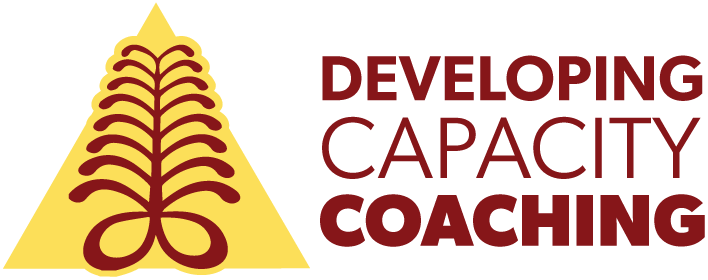We can’t end racism or stop microaggressions without acknowledging it happened, repairing the harm, and changing one’s behaviors to honor the humanity of all people. It can be hard to admit that we have shadows that lead us to behave in ways that dehumanize others, yet, the only way to a racially just world is to heal from anything that leads us to intentionally or unintentionally perpetuate racism.
Join us for a discussion about:
What to do when you’ve acted with racism
What to do when you've survived an act of racism
How to intervene when you witness racism
Our moderator, Dr. Annice Fisher, shared the 4-step process for intervening when acts of racism occur across all three of aforementioned levels.
Our guest panelists shared their experiences and concrete strategies for identifying their own racial biases, teaching others how to identify their racial biases, and how they’ve practiced making amends as a strategy for supporting survivors of racial bias.
Dr. D. Tejada (she/they) is a grassroots community organizer turned school-based educator committed to an abolitionist pedagogy that uses education as a tool to liberate, not incarcerate. Their work has spanned from higher ed, charter, district, and incarcerated settings.
Dr. Sherri Travers, Virtual Education Program Leader for the Massachusetts Department of Corrections. Her current work focuses on the integration of systems-thinking, trauma-informed practices, conscious leadership, and DEI to transform policies, practices, and instruction.
Kathy Tan, Founder & CEO of Amalu Coaching, an organization committed to driving change and creating safe spaces for loved ones of abuse within the Asian American Pacific Islander community and beyond by empowering individuals in personal and professional development.
Download our 4-Step Consciousness-Raising Process™& Racist Awareness Perspective Handout to help you become aware of your perspective during racist events and how to take intentional action -- always starting with making a choice.

